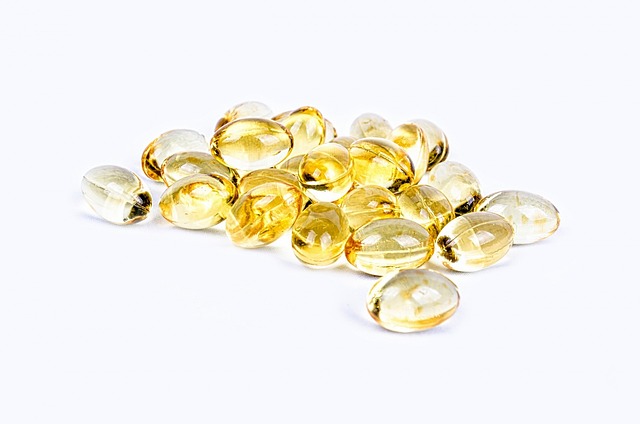Patients use numerous supplements that contain vitamins. I outline my top 5 vitamin drug interactions in this post and how they may impact patient care.
Vitamin K and Warfarin
The first vitamin drug interaction you could probably guess. Vitamin K intake affects warfarin and ultimately a patient’s INR. Consistent intake is recommended when taking warfarin. If a patient increases intake, you’ll likely see the INR go down and if intake is reduced, you’ll see the INR go up. In the event of a significantly high INR, Vitamin K may actually be used therapeutically to try to bring that INR down more quickly than simply stopping the drug by itself would. Coumadin has a fairly long half-life so in the event of a significantly high INR, it would remain that way for a much longer period of time without Vitamin K.
Amphetamines and Vitamin C
Amphetamine derivatives are frequently used for patients who have ADHD. Vitamin C can cause a more acidic environment in the GI tract. Amphetamine derivatives can have their absorption negatively impacted by this and thus have their concentrations reduced.
Fat-soluble Vitamins ADEK and Impaired Absorption
Agents that are lipophilic or agents that help keep fat/lipids in the GI tract can ultimately cause fat-soluble vitamins to stay in the GI tract and avoid being absorbed. Fat-soluble vitamins include A, D, E, and K. Any type of oil that is ingested (i.e. mineral oil and why you shouldn’t use it) can significantly impair the absorption of those vitamins. In addition, a medication like orlistat for weight loss is designed to keep fat in the GI tract and those vitamins may stay with it and be unavailable for absorption.
Vitamin E and Bleeding
The evidence for vitamin E causing drug interactions and increasing the risk for bleeding isn’t overwhelming in my opinion but patients often don’t have a great rationale for taking vitamin E above and beyond their regular dietary intake. I think it is a good idea to avoid vitamin E supplements in patients taking any antiplatelet or anticoagulant medications just to ensure there isn’t any added risk.
Vitamin B3 and Statins
Vitamin B3 is more commonly known as niacin. Taking niacin with statins may increase the risk of myopathy and statin-related adverse effects. I recently did a podcast on niacin which will be really helpful in learning more about this supplement/medication.
What other vitamin drug interactions would you add to this list? Also, be sure to check out this highly-rated resource on food/medication interactions.



Very interesting! Could you also research a study on nutritional depletion caused by common pharmaceuticals?
Very interesting! I had no idea that vitamin C could affect amphetamines. Thanks for the info.